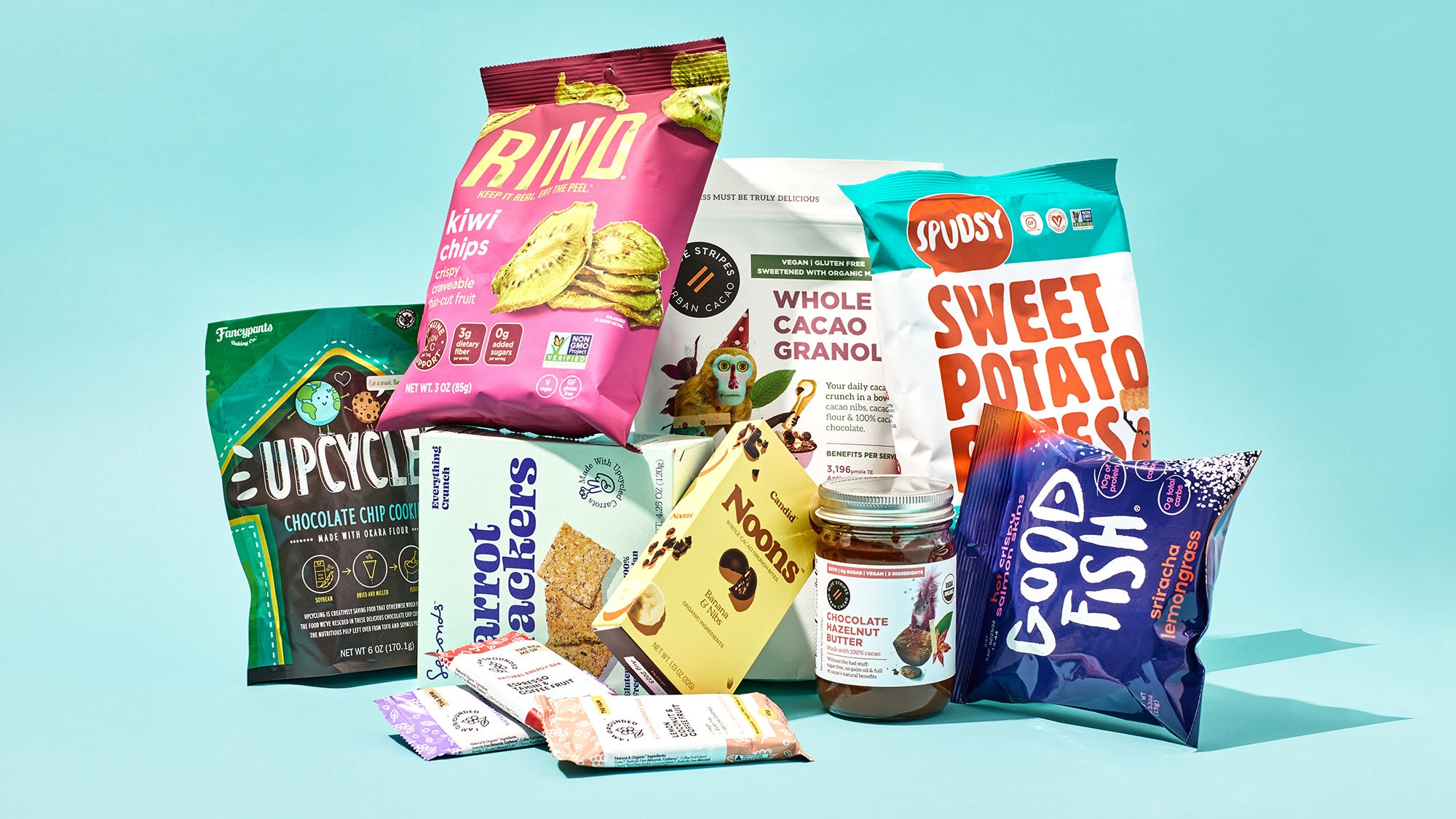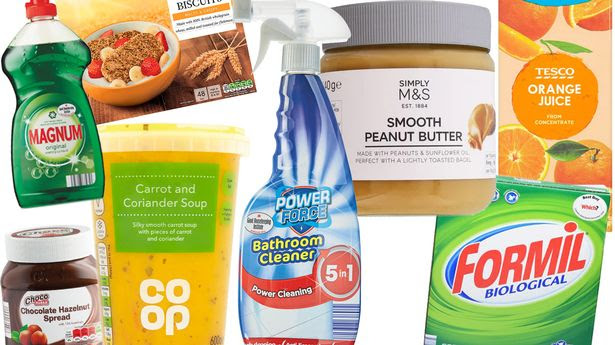The amount is astronomical, as each European produces about 180 kg of packaging waste per year. Packaging is also one of the main sectors using virgin materials, with 40% of plastics and 50% of paper used in the EU going into packaging.
“If no action is taken, the EU will see a further 19% increase in packaging waste by 2030, and even a 46% increase for plastic packaging waste,” the statement said.
Under pressure from food manufacturers, new targets have been proposed for packaging reuse in a number of sectors, such as beverages, takeaway food and transport. These targets are supported by an overall waste prevention goal of 5% by 2030 and 10% by 2035.
“We will create the conditions for the principles of the circular economy, reduce, reuse and recycle, to work,” said EU Environment Commissioner Virginijus Sinkevičius at the end of the presentation of the proposal.
Even so, the EU food industry finds some elements of the proposal concerning.
Brussels must be firmer with the food and beverage industries are those who use the most packaging, they will play an important role in the success of the proposal.
The statement from the EU food industry confederation Food Drink Europe is surprising and aberrant the proposal will require “considerable improvements”, for the food sector to achieve the “collective ambition for sustainable packaging and a circular economy”.
The statement from Dirk Jacobs, the managing director of Food Drink Europe, said the proposal has some positive aspects, but he also warned that it “lacks tools to support the food, beverage and packaging sectors by providing the infrastructure and means to accelerate the shift to reduce, reuse and recycle processes.”
“The targets and timelines set, especially for reuse and refill [of packaging], are full of good intentions, but are unfortunately unrealistic without the right enabling conditions and may even hinder rather than enhance sustainable packaging goals,” he said.

According to ReThink Plastic’s 2018-2022 report, food and beverage companies are overwhelmingly the most responsible for plastic pollution problems: Coca-Cola is still the world’s worst plastic polluter by far. The company is followed by PepsiCo, Nestlé, Unilever, Procter & Gamble and Mondelēz International.



Comment here